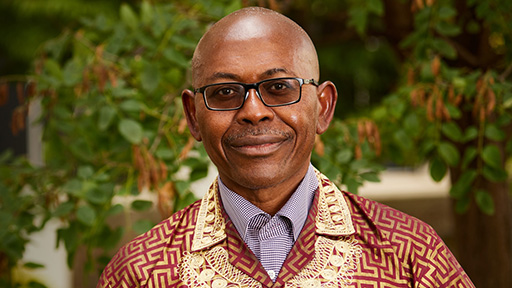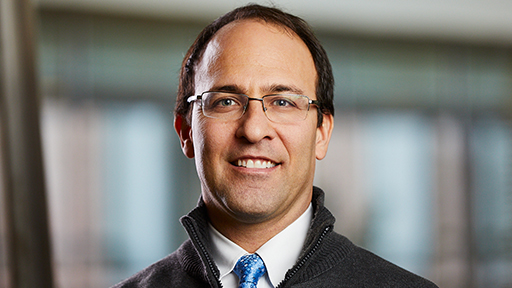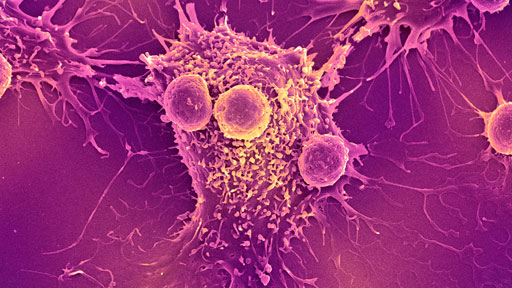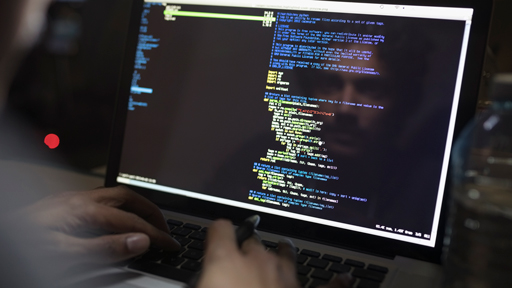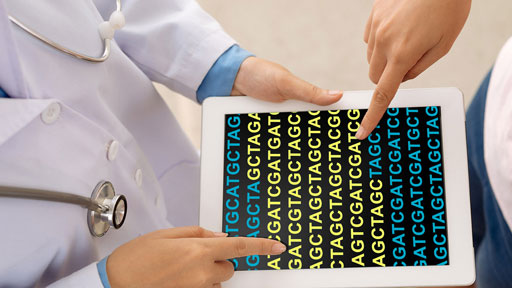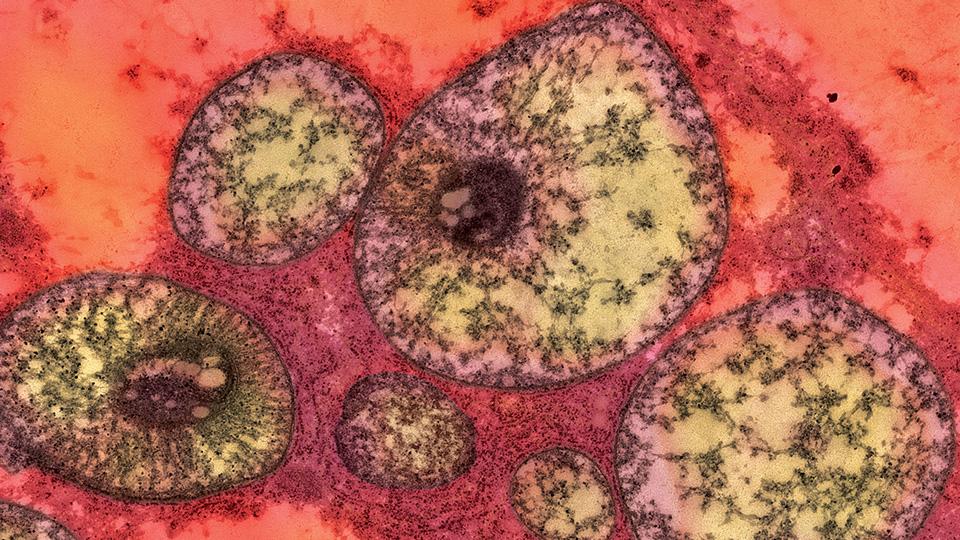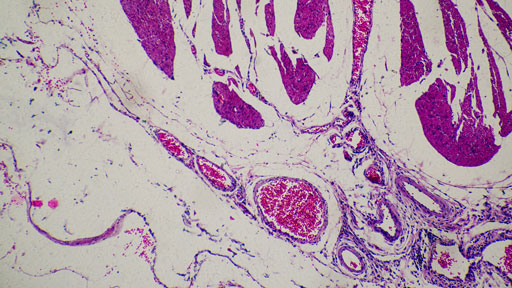Division of Intramural Research
The National Human Genome Research Institute's (NHGRI) Division of Intramural Research plans and conducts laboratory and clinical research to enable greater understanding of human disease and develop better methods for detection, prevention and treatment of heritable and genetic disorders.
Organization and Structure
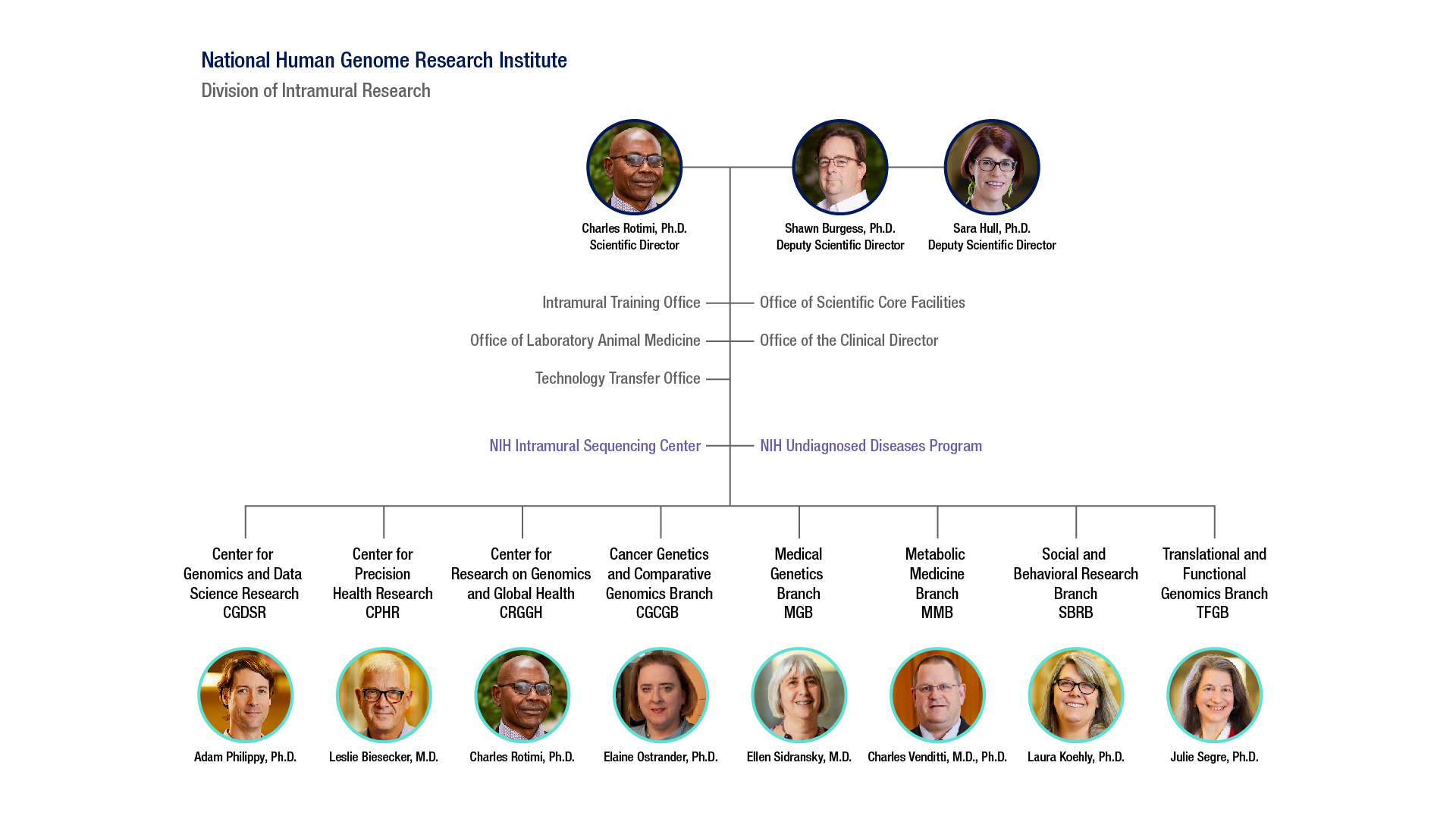
The division accomplishes its mission on the main NIH campus in Bethesda, Maryland as well as at other sites, including the Bayview campus in Baltimore, Maryland and the Twinbrook complex in Rockville, Maryland. The Division is led by the Scientific Director, with input from its Board of Scientific Counselors - a group that provides expert external oversight for all research and training ongoing in the NHGRI Division of Intramural Research. Clinical research is overseen by the Clinical Director, who provides guidance and support for all NHGRI investigators involved in patient-based research.
Each of the more than 50 NHGRI investigators are assigned to one of nine branches - although these boundaries are artificial in many ways, since there are significant interactions among investigators and trainees in different branches, as well as considerable overlap in their respective areas of research. NHGRI investigators have appointments similar to those at most academic research departments. About half are Senior Investigators; these individuals have tenured positions at NIH. Individuals currently in the tenure-track (but not yet tenured) are called Investigators. All Senior Investigators and Investigators lead sections, which are individual laboratories within the branches. Associate Investigators are akin to research and clinical-track faculty at universities, serving a variety of critical roles within NHGRI (but are not part of the NIH tenure system). Some Associate Investigators head units, which are their research laboratories. Finally, there are Adjunct Investigators, individuals with significant scientific interactions with NHGRI but whose primary appointment resides in another NIH institute. The NHGRI Division of Intramural Research also is supported by a number of other scientific and administrative entities, including a series of cores, centers, and offices.
Together, all of the elements of the Division of Intramural Research share a common aim - to deliver on the promise of genetics and genomics by connecting the base pairs of the Human Genome Project to the bedside of those afflicted with a genetic disease.
Administrative Offices and Advisors
The NHGRI Division of Intramural Research's administrative and advisory components provide leadership and operations in support of the division's scientific mission.
Research Branches
The NHGRI Division of Intramural Research contains nine research branches, each organized around a specific area of scientific inquiry.
Mission, Vision and Values
The Division of Intramural Research aims to be world leaders in translating genomic knowledge into tools and approaches that improve the treatment, prognosis, and prevention of rare and common diseases.
Learn More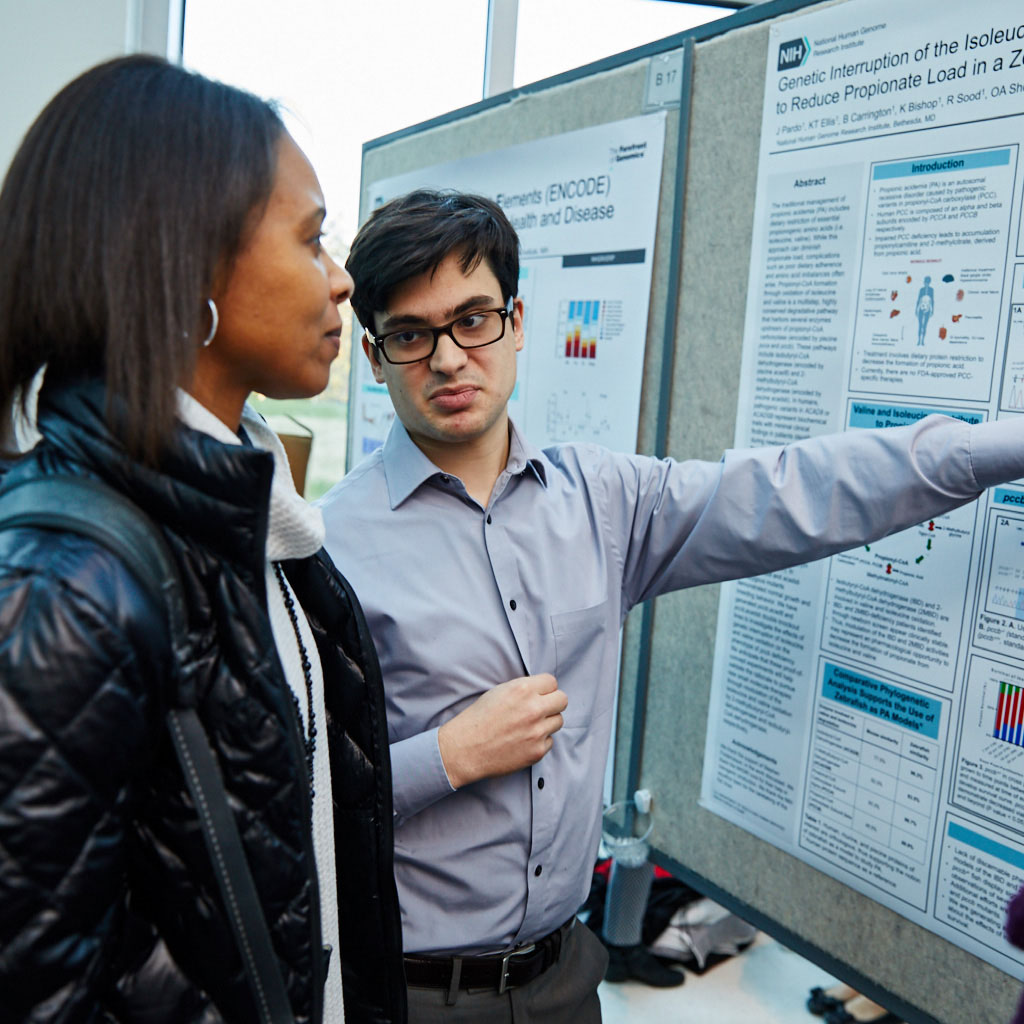
Division Staff
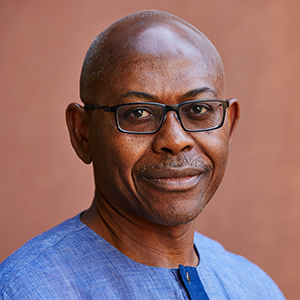
- Scientific Director and NIH Distinguished Investigator, Division of Intramural Research
- Director, Center for Research on Genomics and Global Health
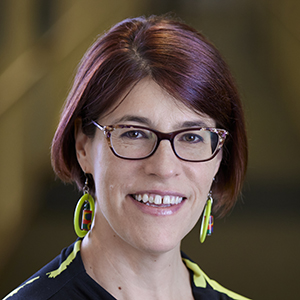
- Co-Deputy Scientific Director
- Office of the Scientific Director

- Co-Deputy Scientific Director
- Office of the Scientific Director
Last updated: January 30, 2024
